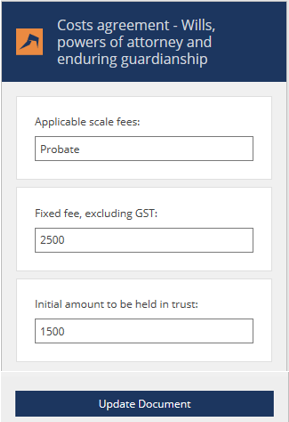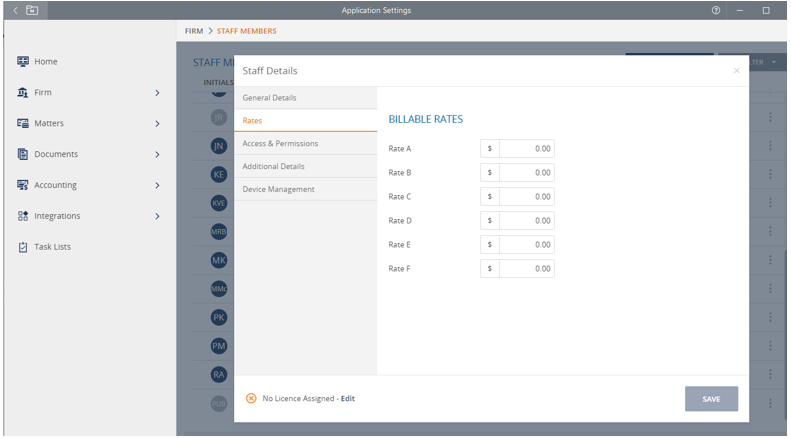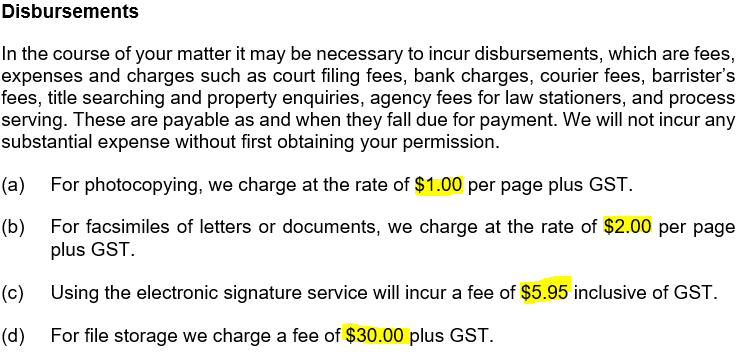The By Lawyers Defamation and protecting reputation guide has been substantially reviewed and updated. This review is related to the current and imminent defamation reforms to the various laws around the country.
Practitioners may be aware of the long-heralded and substantial reforms to the uniform defamation law, following approval at COAG in 2020. As the uniform law is not Commonwealth legislation, but depends on the various state and territory Defamation Acts, implementing the reforms requires each state to pass amendments to its own Act.
So far only some states have passed their legislation, with some including NSW, VIC, QLD, SA and ACT to commence from 1 July 2021. The other states and territories are expected to follow soon. However, the result is that for the first time since 2005 – and for an indeterminate but hopefully brief period – Australia does not have uniform defamation laws. Rather, there are different laws in different states.
The By Lawyers Defamation and protecting reputation publication is being updated on an interim and graduated basis for these amendments. The publication will be finally updated when the defamation reforms become law in all states and territories.
The key aspects of the current amendments are:
- a new ‘serious harm’ requirement;
- new defences, including a new ‘public interest’ defence;
- amendments to the way some damages for reputational harm are capped;
- new limitation periods taking account of the fact content remains online for years.
There is also a second round of defamation reform currently under consideration. The main focus of these reforms is the liability of social media companies for defamation. Further updates to the By Lawyers Defamation and protecting reputation publication will occur when the proposed reforms are enacted.
As a precursor to these reforms, By Lawyers has been working with our author Peter Breen to revise and streamline our publication. Users will find that the matter plan now provides the usual, practical By Lawyers guidance to conducting a matter, with the relevant commentary, precedents and example content in sequential order. The commentary is adapted from Peter’s book Defamation and protecting reputation which is reproduced in its entirety in the ‘Reference materials’ folder on the matter plan in the By Lawyers guide.
The detail of the current reforms is explained in the publication.












